Interpersonal Skills and Self-Improvement
£2360 (£1600 during the tuition waiver period)
In this comprehensive module, learners will embark on an explorative journey through the dynamic shifts characterising modern work and working lives, shaped profoundly by technological, organisational and societal transformations. Rooted in an immersive curriculum, the unit’s primary objective is to equip students with nuanced insights to navigate the complexities of contemporary employment landscapes. Students will scrutinise the intricate interplay of elements like digital innovations, evolving societal norms and fluid organisational structures, each a significant catalyst in the reshaping of professional ecosystems. They'll unravel how these elements converge to redefine job roles, employee expectations and workplace cultures.
The curriculum is meticulously designed to facilitate a deep dive into adaptive management strategies, ensuring learners acquire practical skills to optimise both employee performance and satisfaction in a context of constant evolution. Case studies and real-world scenarios illuminate effective adaptation methodologies, offering learners tangible frameworks for application. Furthermore, the module accentuates the development of foresight and anticipatory skills, preparing students to not only adapt but to proactively shape and lead future workplaces. Every aspect of the module is tailored to ensure that learners emerge as adept, forward-thinking professionals, ready to steer organisations with agility and expertise amidst the multifaceted changes defining the modern business epoch.


1. Analyse the transformation of work and working environments influenced by societal, organisational, and technological changes
2. Appraise adaptation strategies for management and workforce to enhance performance and worker satisfaction in evolving business environments
3. Investigate the role of organisational culture and leadership in navigating the complexities of the changing business landscape
4. Develop a comprehensive understanding of the skills and competencies required for professionals to thrive in dynamic work settings


Scholarships
Citizens of the following countries are eligible for a 50% scholarship upon writing a personal statement. All scholarships are to be approved by the Academic Board. The list of countries are: Sri Lanka, Indonesia, Philippines, Bhutan, Morocco, Vietnam, Papua New Guinea, Laos, Cambodia, India, Nigeria, Ghana, Bangladesh, Laos, Myanmar, Pakistan, Nepal and South Africa. Please talk to your student counselor and ask for the Coupon Code to get the 50% Tuition Waiver.

To pass the unit a 40% overall grade must be achieved.

You are eligible if you meet our stipulated entry requirements.









Transformation of Work and Working Environments
Adaptation Strategies for Management and Workforce
Organizational Culture and Leadership in Business Landscape
Skills and Competencies for Professionals In Dynamic Settings
Ethical and Social Aspects of Work
Leading and Managing a Multi-Generational Workforce
Well-Being at Work